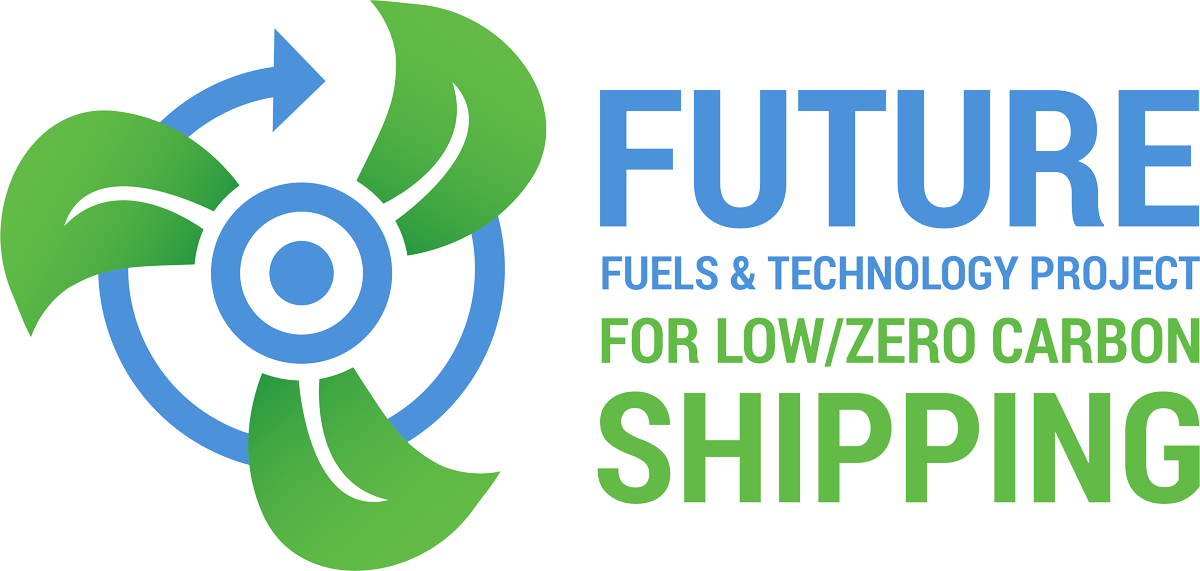To recommend effective strategies for the shipping sector to achieve the IMO emission reduction targets
Publication year: 2024
Marginal abatement cost curves for CO2 emission reduction from shipping to 2050
To present the most detailed marginal abatement cost curves (MACCs) for CO2 emission reduction in the global shipping fleet from 2025 to 2050.
To evaluate the costs and CO2 reduction potential of over 50 measures and various fuel systems, providing insights into achieving decarbonization goals in line with global regulatory strategies.
Alternative Fuels Insight
To provide insight into the future transition of international shipping to alternative fuels, focusing on achieving net-zero GHG emissions by 2050.
To offer guidance on selecting the appropriate alternative fuels and addressing the technical, economic, and regulatory factors involved in making informed decisions.
CIMAC Guideline ISO 8217:2024-FAQs
To provide answers to FAQs regarding the ISO 8217:2024 marine fuel specifications, focusing on clear and systematic explanations of the key changes in the new standard, and particularly, addressing questions about the inclusion of higher percentages of biofuel in fuels.
Frequently Asked Questions on the application of latest international marine fuel quality standard ISO 8217:2024
To address the FAQs from ship operators regarding the application of the latest international marine fuel quality standard, ISO 8217:2024
To provide insights into the significant changes made in the 7th edition and guide marine fuel buyers in understanding and applying the updated standards
Exploring the technical feasibility of carbon capture onboard ships
To assess the technical feasibility of implementing carbon capture systems on ships to help reduce CO2 emissions, particularly concentrating on both retrofit and newbuild vessels.
Carbon Accounting for Sustainable Biofuels
To examine the challenges related to the carbon intensity of biofuels and emphasize the importance of transparent and science-based carbon accounting for sustainable biofuels. This report seeks to identify the factors contributing to the variability of lifecycle GHG emissions, particularly land use changes, and provides insights into regulatory frameworks across different regions. The goal is to propose pragmatic and performance-based policies that foster continuous improvement and attract necessary investments, thus ensuring the large-scale deployment of biofuels aligns with climate goals.
Evaluating the Carbon Intensity Indicator (CII): Challenges and Recommendations for Improvements
To highlight the need for the improvement of the International Maritime Organization’s (IMO) Carbon Intensity Indicator (CII) regulations based on a thorough review of current issues and literature. The study examines key challenges through online surveys and interviews with Belgian shipping companies, identifying and ranking the most urgent areas for improvement. The goal is to provide policy recommendations for stakeholders based on the identified priorities.
Assessing impacts of EU and US policies on accelerated deployment of alternative maritime fuels
To evaluate the impact of policies, analyzing how recent climate policies from the EU and US, specifically the US Inflation Reduction Act and EU ETS along with the FuelEU Maritime Regulation, affect the adoption and deployment of alternative marine fuels.
To identify the investment implications of these policies, focusing on the synergies of the US and EU policies.
To provide actionable insights for stakeholders.
Net zero and UK shipping
To examine the UK Government’s approach and progress towards decarbonizing the shipping sector, including international and domestic shipping, to meet net-zero emission goals, and to recommend necessary steps to ensure that the maritime sector of the UK will contribute to global emissions reductions

